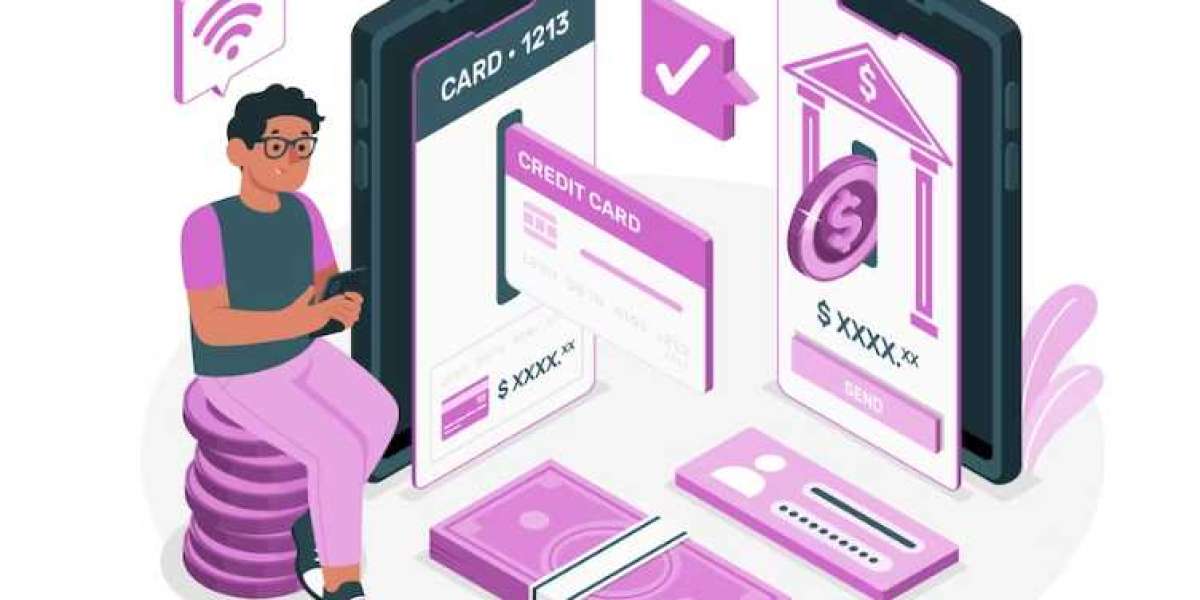What is Payment Gateways and How it works?
Payment gateways are essential components of online transactions, enabling the secure and efficient transfer of funds between customers and businesses over the internet. Here's an overview of what payment gateways are and how they work:
What is a Payment Gateway?
A payment gateway is a technology that serves as the intermediary between an online merchant (e.g., an online store or service provider) and the customer during an electronic payment transaction. Its primary purpose is to facilitate the secure authorization and processing of electronic payments.
How Payment Gateways Work:
Customer Initiation: The payment process begins when a customer selects items for purchase on an online store or website and proceeds to the checkout.
Payment Information Entry: At the checkout page, the customer provides their payment information, which typically includes credit card details (card number, expiration date, CVV), or alternative payment methods like digital wallets (e.g., PayPal, Apple Pay) or bank transfers.
Encryption: To ensure the security of sensitive information, such as credit card details, the payment gateway encrypts this data using SSL (Secure Socket Layer) or TLS (Transport Layer Security) encryption protocols. This encryption protects the information as it travels over the internet, making it extremely difficult for unauthorized parties to intercept and decipher.
Transmission: The encrypted payment data is transmitted from the customer's browser or device to the online store's web server.
Online Store to Payment Gateway: The online store's server then forwards the encrypted payment information to the selected payment gateway.
Payment Authorization: The payment gateway, upon receiving the payment data, communicates with the customer's bank or credit card issuer (known as the issuing bank) to verify the validity of the payment method and the availability of funds. This step involves several checks, including verifying the card's authenticity, checking for sufficient funds, and ensuring the card hasn't been reported stolen or compromised.
Transaction Approval/Decline: Based on the authorization response from the issuing bank, the payment gateway informs the online store whether the transaction is approved or declined. If approved, the online store proceeds with order fulfillment. If declined, the customer is typically notified, and the transaction is terminated.
Transaction Settlement: After a successful transaction, the "payment gateway" initiates the transfer of funds from the customer's account to the merchant's account. This process may take a few days to complete, depending on various factors, such as the merchant's bank and the payment gateway used.
Payment Confirmation: Both the customer and the merchant receive confirmation of the transaction's success, and the customer receives a receipt for their purchase.
Record Keeping: The payment gateway records transaction details for future reference and for reconciliation purposes.
Payment gateways play a crucial role in online commerce by ensuring the security, reliability, and efficiency of electronic payment processing. They support various payment methods, currencies, and fraud prevention measures to protect both customers and businesses during online transactions.
Casino payment gateway |
Payment gateway |
Best Payment gateway |
Payment processor |
online payment processors |
Payment gateway providers |
Payment gateway integration |
Payment processor for gateway |
Offshoregateway payment gateway |
Tech support payment gateway |






